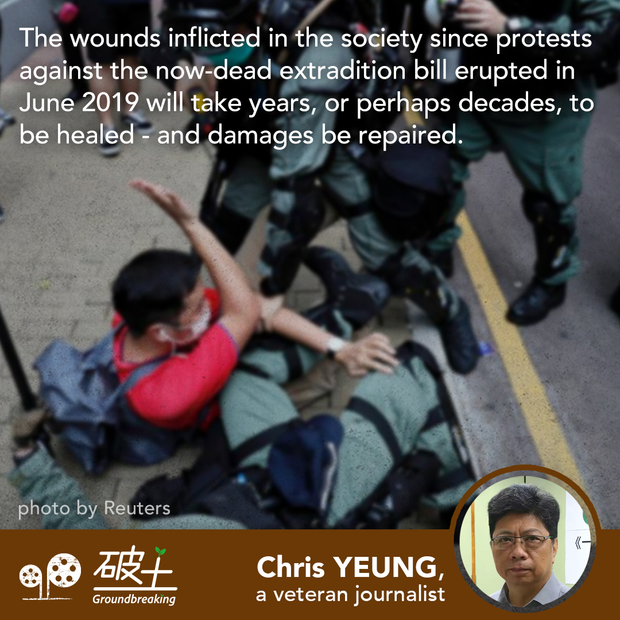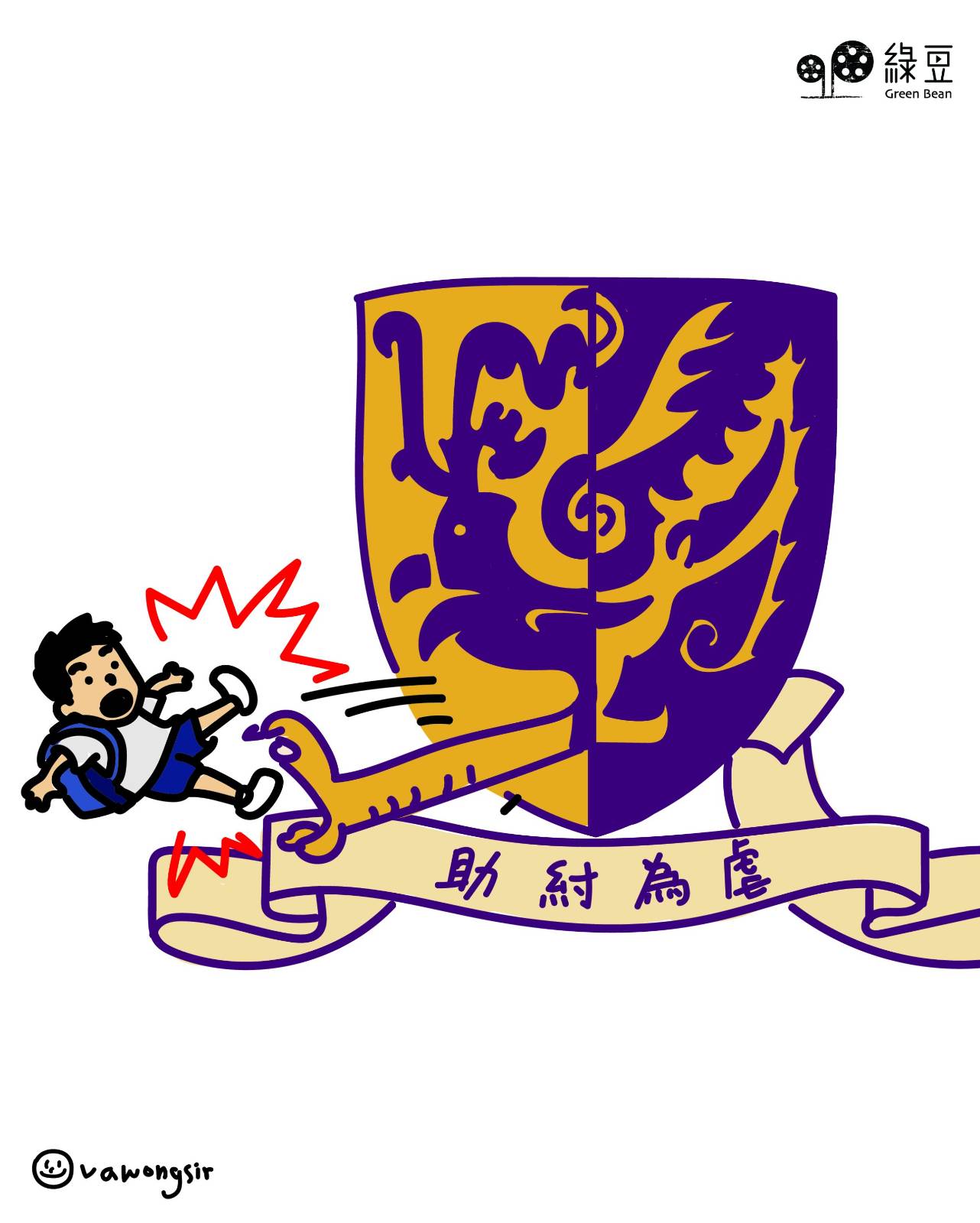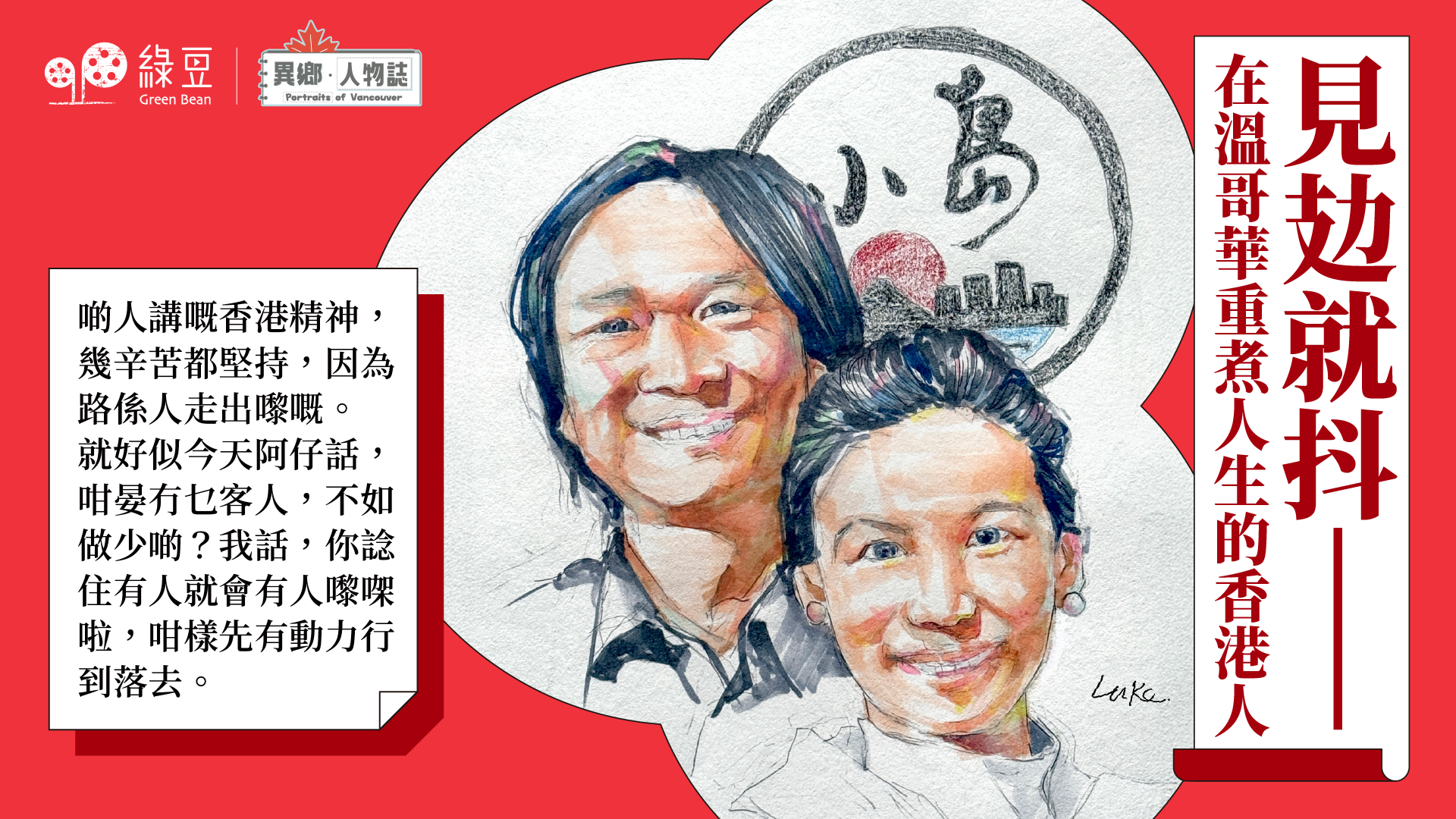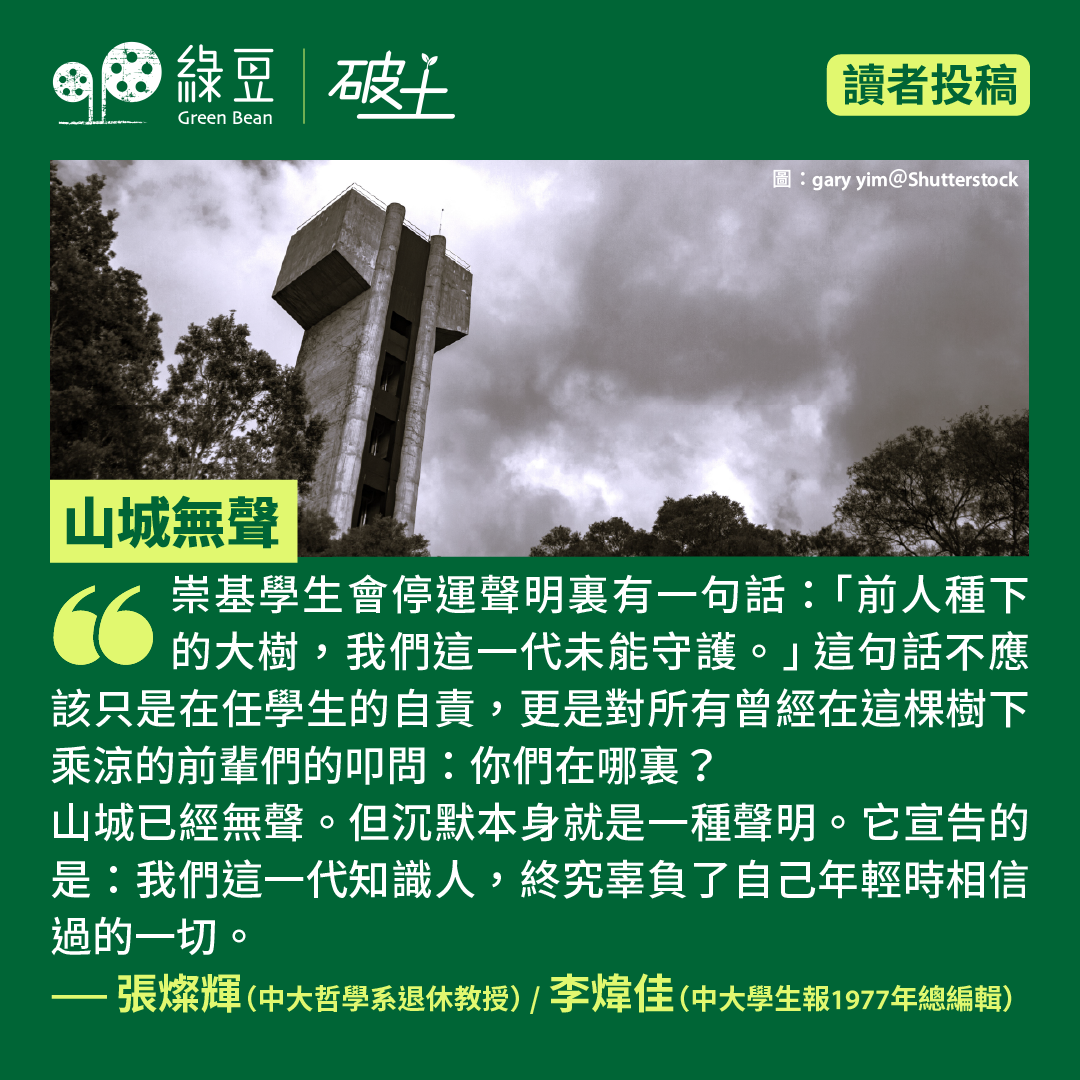Closing 2019 unrest cases helps healing

In many aspects, the 2019 social movement and its aftershock have arguably emerged as the most damaging and saddening event in Hong Kong in recent memory. The earlier it is brought to an end the better for the city to start healing.
Let there be no mistake, nor wishful thinking. The wounds inflicted in the society since protests against the now-dead extradition bill erupted in June 2019 will take years, or perhaps decades, to be healed – and damages be repaired. That may also be wishful thinking. Judging from many similar tragic events in other societies, healing cannot be taken for granted.
A painful lesson learned from the Occupy Central movement in 2014 is that intensified social divisiveness left unabated could further deepen and widen, causing more devastating damages to the fabrics and atmospherics of the society when it erupts again. This was what happened in 2019.
The rest is not history. More than three years on, the 2019 social unrest remains a major source of divisiveness and restlessness, pain and anger, despair and uncertainty in the society.
Against the backdrop, it is heartening to see a likely end of at least thousands of cases relating to the social unrest as early as next month.
Police have said a total of 10,279 people were arrested between June 9, 2019 and the end of October last year. Only about 30 per cent of those who were arrested have been formally charged. The remaining 70 per cent, or 7,000-odd cases, are still under investigation.
Speaking after a meeting with Police Commissioner Raymond Siu on January 4, legislator Tik Chi-yuen quoted him as saying the 7,000-odd cases will be classified into three categories next month at its earliest. One group will face prosecution. Another with their investigation continuing. Other cases will be closed.
Of the 7,000-odd cases, the investigations of about 6,000 cases will be concluded. Tik did not say how many of them may be formally charged. He said he hopes Police will adopt a lenient approach in handling cases that are minor in nature or are unclear.
The remaining 900-odd cases relating to the fierce clash between riot police and protesters at the Hong Kong Polytechnic University in November 2019 will be dealt with separately. They are not likely to be wrapped up any time soon.
Sadly but realistically, the investigation, prosecution and trials of cases relating to the 2019 protests will continue for a period of time.
For those who face lengthy investigation and prosecution, the pain and stress they and their families have been facing in the past three years are unthinkable. This is particularly so for those who are in their young ages. For many others who had been supportive, or sympathetic, to the protesters, they feel pain and sadness when they see young people being held in detention or sentenced to years of jail.
And for those who were convicted of serious criminal offences, in particular riot, many are still serving long jail terms. They and their families are suffering from agony and facing grave uncertainties in their future.
Admittedly, there is a considerable portion of the society who hold the view that anyone who breaches the law must face justice. They should ask themselves whether those who had allegedly violated the law during the protracted social unrest should take all the blame. Have the then Chief Executive Carrie Lam and her aides also made mistakes? Have those mistakes made things worse? If yes, what should be done?
In view of the Government’s present play-hard strategy, at least in rhetoric, when it comes to national security, the chance of a total rethink of what went wrong in 2019 in the foreseeable future is almost zero.
In an article published on Ta Kung Pao on January 4, Secretary for Justice Paul Lam was in a fighting mood when he warned of “escalated”, “malicious” attacks by the West against Hong Kong’s legal system this year as the courts are scheduled to hear a number of major national security cases.
They include the upcoming trial of 47 democrats involved with the 2019 Legislative Council mock preliminaries and the Jimmy Lai case later this year.
But that doesn’t mean there is nothing the John Lee administration could play soft at times to help reduce the damages and lessen the pain caused by the social movement among the populace.
After all, it would only be fair and reasonable for the Police to close investigation of cases if they have not been able to gather sufficient evidence after years of probe.





